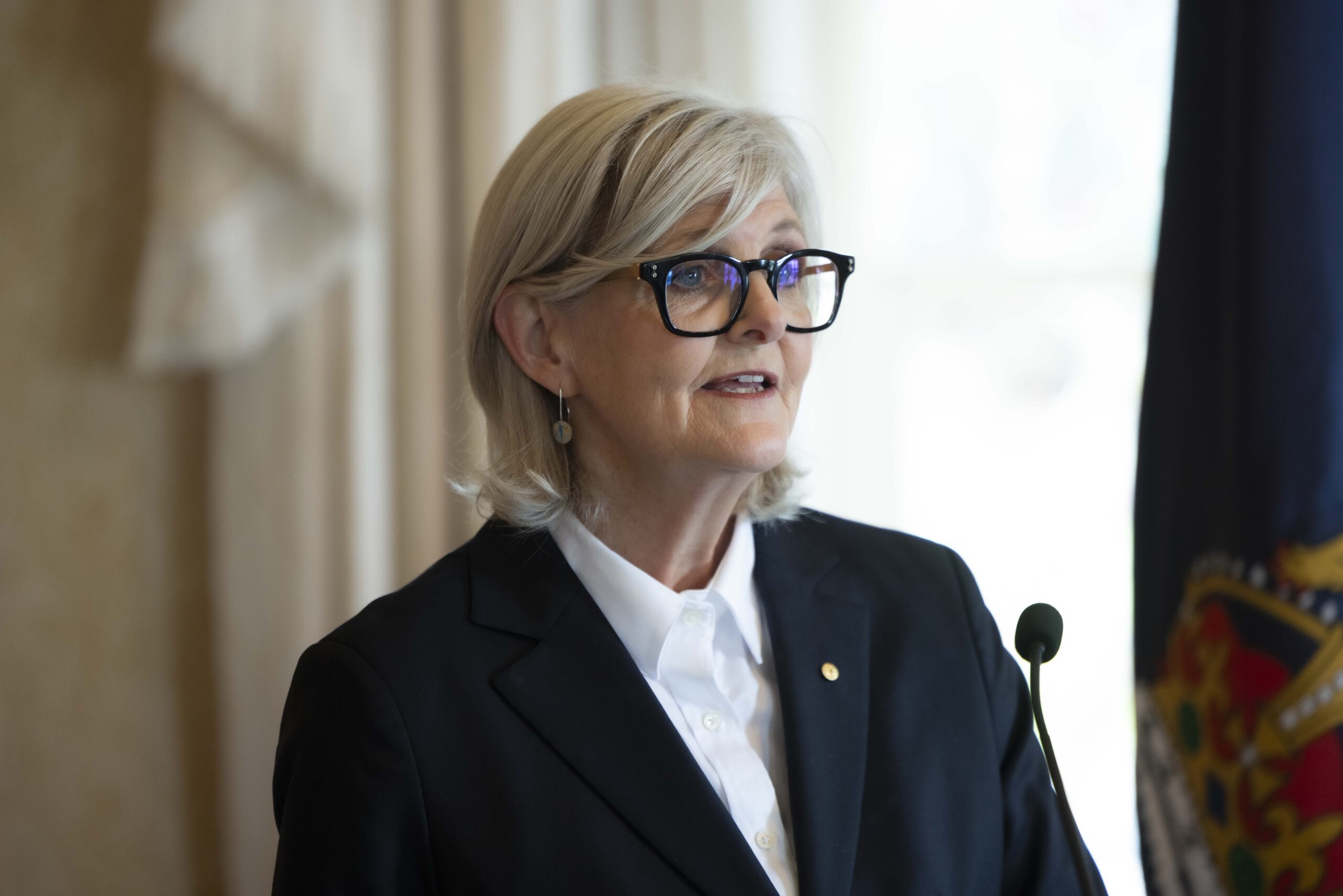PBS decision gives affordable access to treatment
Macular Disease Foundation Australia today applauded the Federal Government’s decision to place the registered drug ranibizumab (Lucentis) on the Pharmaceutical Benefits Scheme (PBS), enabling patients affordable access to this sight saving treatment for diabetic macular oedema and retinal vein occlusion.
The Foundation has been advocating strongly for access and affordability for registered treatment for these serious macular diseases, which can lead to vision loss and blindness. The treatment is administered as a series of injections into the eye.
Julie Heraghty, CEO, Macular Disease Foundation Australia stated, “This is a great win for patients. I congratulate Minister Ley for listening to our concerns and acting in the best interests of patients. Having access to and affordability of registered treatment in this country will save sight. This is what good health policy is about – improving the health outcomes of Australians.
“Diabetes is one of the greatest health challenges of our time and tackling this disease will require a co-ordinated and collaborative approach. We will need to work on prevention and early detection on all fronts and with all stakeholders. This announcement is an important component of tackling this enormous health challenge.”
Diabetic eye disease is a common complication of diabetes and the leading cause of blindness among working age adults in Australia. Everyone with diabetes is at risk of vision loss or blindness from diabetic macular edema.
“Having access to registered treatment will deliver the best chance of saving sight. The impact of vision loss is enormous to the individual, their family and the community – it is a giant ripple effect. This announcement by the Federal Government will make a difference,” said Julie.
Professor Paul Mitchell, Professor of Ophthalmology at the University of Sydney and a world expert on diabetic eye disease congratulated the Minister on this decision.
It will change the lives of a huge number of people with diabetic eye disease.
Professor Mitchell
Professor Mitchell stated, “Almost everyone with type 1 diabetes will develop some form of diabetic eye disease within 20 years of diagnosis. Of particular concern however is that many people with the more common type 2 diabetes will have already had the disease for many years by the time they are diagnosed. A large proportion of these people will develop potentially blinding diabetic retinopathy within 5 to 10 years of their diabetes diagnosis.”
This announcement is also very important for the treatment of retinal vein occlusion which affects about 1 to 2 per cent of people over forty, although most cases occur in people over sixty.
Saving sight from DME and RVO will avoid the emotional, social and economic costs to the individual and their families and the cost of blindness to Government and the taxpayer.
Posted: 11 May 2015
















